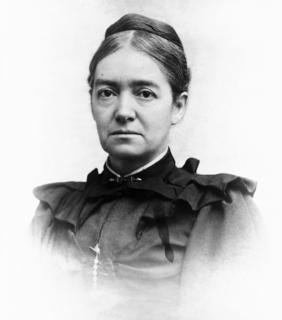A Quote by Kedar Joshi
The existence of God is the ultimate paradox.
Quote Topics
Related Quotes
The existence of God is not logically necessary, and yet, on the basis of some profound peculiar empirical order in the universe, it seems that He exists as the ultimate uncreated Being, implying a paradox, as no logically unnecessary entity can be uncreated. This paradox is the ultimate question asked by God, who is nothing but the ultimate questioner.
If we have dwelled on Godel's work at some length, is it because we see it in the mathematical analogy of what we would call the the ultimate paradox of man's existence. Man is ultimately subject and object of his quest. While the question whether the mind can be considered to be anything like a formalized system, as defined in the preceding paragraph, is probably unanswerable, his quest for an understanding of the meaning of his existence is an attempt at formalization.
An atheist is someone who is certain that God does not exist, someone who has compelling evidence against the existence of God. I know of no such compelling evidence. Because God can be relegated to remote times and places and to ultimate causes, we would have to know a great deal more about the universe than we do now to be sure that no such God exists. To be certain of the existence of God and to be certain of the nonexistence of God seem to me to be the confident extremes in a subject so riddled with doubt and uncertainty as to inspire very little confidence indeed.
My first fundamental premise of our faith is that God is real and so are eternal truths and values not provable by current scientific methods. These ideas are inevitably linked. Like other believers, we proclaim the existence of the ultimate lawgiver, God our Eternal Father, and the existence of moral absolutes. We reject the moral relativism that is becoming the unofficial creed of much of modern culture.
There is exactly the same degree of possibility and likelihood of the existence of the Christian God as there is of the existence of the Homeric god. I cannot prove that either the Christian god or the Homeric gods do not exist, but I do not think that their existence is an alternative that is sufficiently probable to be worth serious consideration.
Writing is both the excursion into and the excursion out of one's life. That is the queasy paradox of the artistic life. It is the thing that, like love, removes one both painfully and deliciously from the ordinary shape of existence. It joins another queasy paradox: that life is an amazing, hilarious, blessed gift and that it is also intolerable.
Love is a gift, a miracle, a mystery. You are led to its threshold by your affinities, by your inclinations, and by the yearnings of your heart, although its power and presentation is by grace, not by expectation, demand, or requirement. Love is the ultimate paradox, for it is the lamb that is also the lion. Love is the ultimate power, which resides in surrender.
The 'I' casts off the illusion of the 'I' and yet remains 'I'. Such is the paradox of Self-realization. The Realized do not see any paradox in it. Consider the case of the worshipper. He approaches God and prays to be absorbed in Him. He then surrenders himself in faith and by concentration. And what remains afterwards? In the place of the original 'I', self-surrender leaves a residuum of God in which the 'I' is lost. That is the highest form of devotion or surrender and the peak of detachment.





































